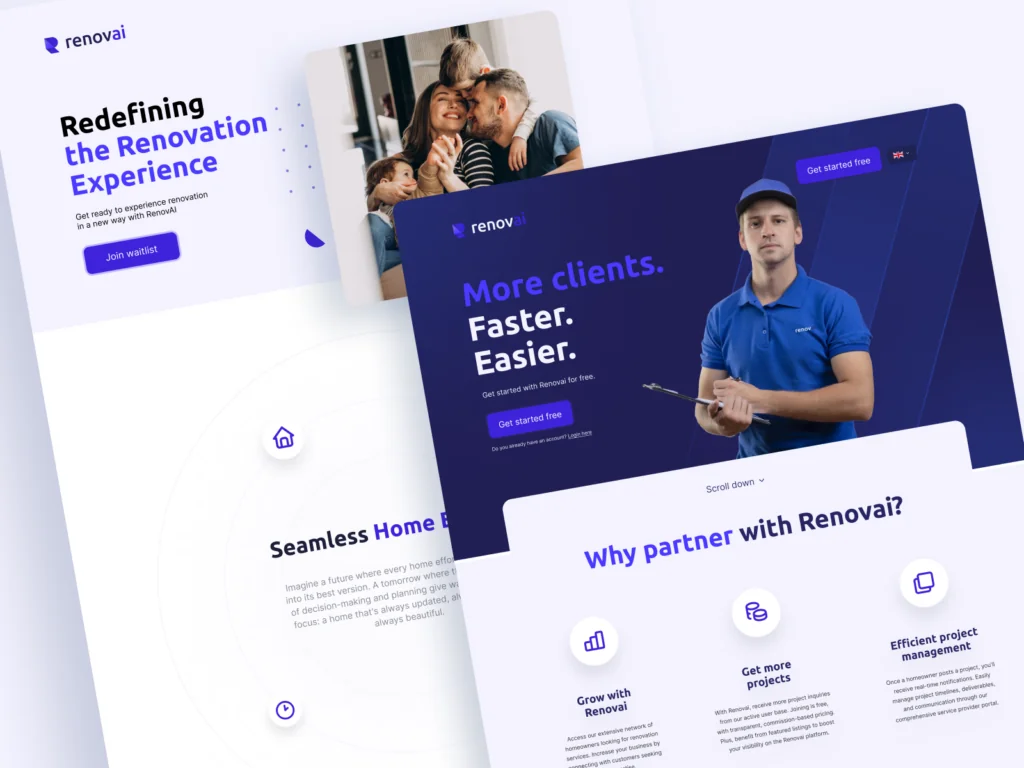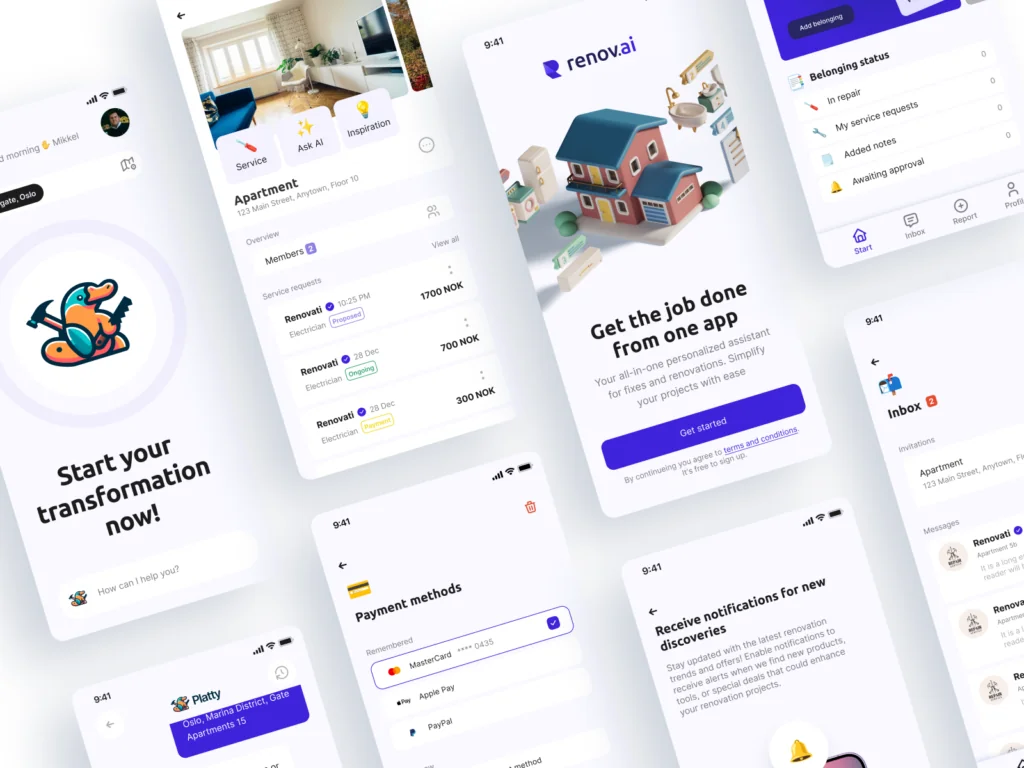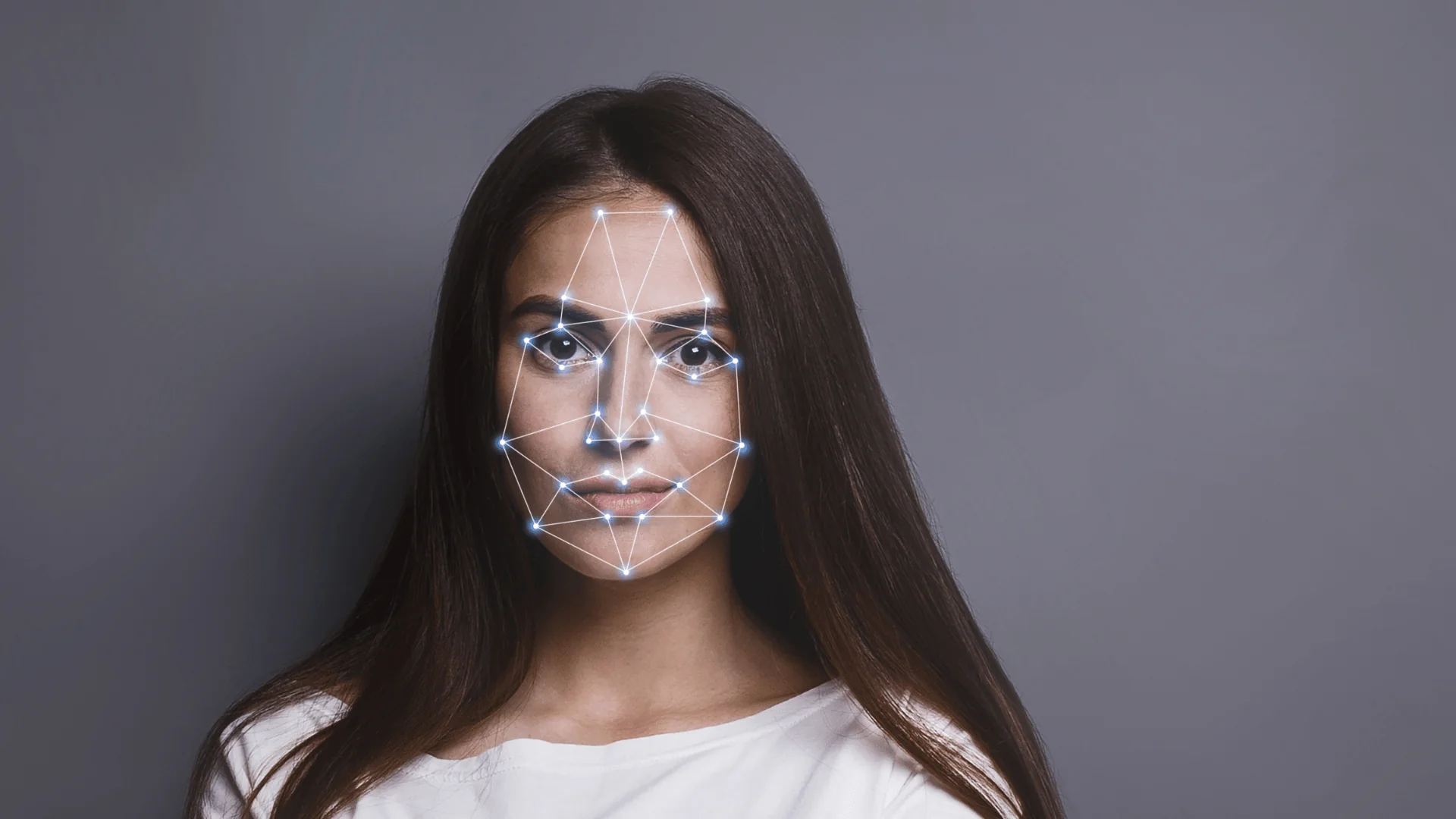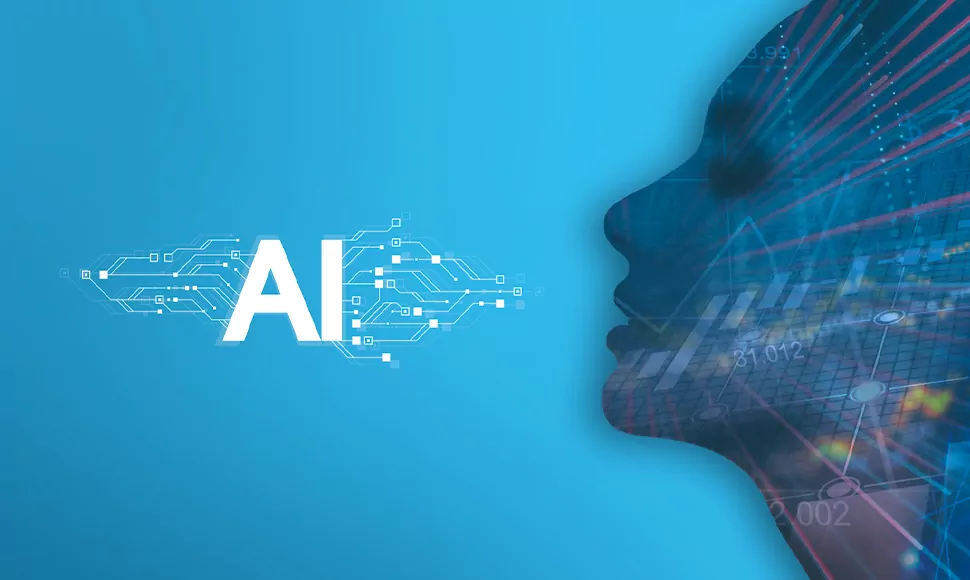Welcome to this special edition of NeuroSYS Insights, where we delve into the collaboration between NeuroSYS and RenovAI to showcase how tailored software solutions are transforming industries. Today, we’re privileged to host an in-depth conversation with the CEO of RenovAI, a client whose vision has been pivotal in redefining the home renovation landscape through advanced technology.
In this interview, we explore the strategic partnership that has enabled RenovAI to harness cutting-edge AI, driving innovation in house renovation. From personal anecdotes that reveal the initial spark to discussing the broader impact of AI on efficiency, cost, and sustainability, the CEO provides a comprehensive overview of the company’s journey and vision.
RenovAI stands out in the crowded home improvement market by integrating intelligent technologies that enhance user interaction and decision-making, making complex renovations more approachable and environmentally friendly. As we discuss the challenges and opportunities ahead, including plans for global expansion and continuous innovation, it becomes clear how NeuroSYS has played a crucial role in shaping RenovAI’s technological trajectory.
Join us as we uncover how RenovAI is not just changing how renovations are performed but is also setting new standards for the industry’s future.

Vision and Mission:
NeuroSYS: What inspired you to join this company, and what is your vision for its future?
Daniel Thafvelin: Growing up with my mother and sister, I often felt the absence of practical father-son activities that are crucial for learning basic DIY skills. This personal gap of mine reflects a wider trend in society, where DIY skills are declining at a time when home renovations are becoming increasingly complex, both technically and in terms of regulations. As a homeowner eager to feel competent and tackle projects on my own, but often finding myself struggling and spending more time than anticipated, I immediately saw the value in Renov.ai.
My experiences also involve using available platforms to hire professional help, where I saw firsthand how AI could revolutionize efficiency for both consumers and service providers. This insight strengthened my belief in empowering homeowners and the power of technology to simplify complex tasks. This is a belief shared by our founder, Geir, whose three decades in electrical and plumbing management inspired the vision behind Renov.ai.
Leaving my role as the group CEO of an international financial software provider, I embraced the opportunity to pursue this vision. Together, we are committed to making Renov.ai a global solution, turning every renovation into a simple, sustainable, and cost-efficient process, accessible to all. My journey from a tentative DIYer to leading Renov.ai is driven by a deep personal and professional alignment with our mission – Shape the future for a better living, empower homeowners everywhere.
How do you see the role of AI evolving in the field of house renovation?
AI will evolve into ensuring higher efficiency, quality, cost-efficiency, and personalization in all renovation, not just in home renovation. If you take project management and cost estimation as examples, AI can improve project management by predicting project timelines and potential delays using historical data and real-time analysis. Additionally, AI-driven cost estimation can provide more accurate budgets by analyzing costs of materials, labor, and other factors, helping homeowners and contractors manage finances more effectively.
The environmental impact of AI will also be substantial. In addition to optimizing the process between consumers and service providers, AI will enable more consumers to do projects themselves or advise a different approach before they get started. Today, 40% of DIY projects fail, which leads to over 1.4B NOK wasted materials in Norway alone. AI can also assist in selecting materials that are durable, cost-effective, and environmentally friendly by analyzing large datasets on material performance and sustainability metrics. This could lead to more eco-conscious decisions and innovations in the use of recycled materials and energy-efficient products.
Product and Technology:

What sets your technology apart from other solutions in the market?
Although there are solutions in the market that assist consumers and service providers with renovations, many lack optimization for smart and efficient utilization. They do not leverage the latest technological advancements to offer personalized assistance or to foster a seamless, value-driven ecosystem. Renov.ai sets itself apart by redefining property management through an intuitive interface that integrates expert insights, ecosystem partners, and advanced AI technology seamlessly. Furthermore, our AI model is trained on specific renovation data and continually learns from user interactions, enhancing its effectiveness as your renovation assistant over time.
Market and Customers:
Who is your target audience, and what pain points does your product aim to solve for them?
Since Renov.ai acts as your personal AI-powered renovation assistant, committed to harnessing technology and industry insights to pave the way for enhanced living standards, our target audience are homeowners. While personal home renovation is our focus, our platform also benefits a secondary audience, including service providers, landlords, and retailers. This not only adds value for these groups but also enriches the experience for our primary users. Furthermore, while our initial focus is on home renovation, Renov.ai’s mission is to transform the broader field of property management and the renovation experience across all types of assets. Since 57% of homeowners wish they had called a professional from the start, and each spends on average 9 hours on finding a professional, there is a huge potential for value creation towards our initial target audience.
Business Strategy:
What are your short-term and long-term goals for the company?
Our short-term goal is to successfully launch Renov.ai in Norway, where we aim to establish a robust local user base. Within the next year, we plan to expand our operations into key European markets. Our long-term goal encompasses a global expansion. We are committed to continuously strengthening our ecosystem and enhancing our AI capabilities with each new market we enter. This holistic approach ensures we deliver increasing value to our users worldwide.
Future Outlook:
What emerging trends or technologies do you believe will shape the future of AI in house renovation?
The rapid development of large language models (LLMs) will increasingly assist in providing accurate support for house renovations. Additionally, the growth of Augmented Reality (AR) and Virtual Reality (VR) technologies is revolutionizing how renovations are visualized and planned. When integrated with the Internet of Things (IoT), Renov.ai can deliver insights on energy usage, environmental conditions, and maintenance needs. This enables us to make recommendations for renovations that enhance energy efficiency, comfort, and functionality.
Furthermore, the application of blockchain technology can improve supply chain transparency, ensuring the use of sustainable and high-quality materials. Smart contracts facilitated by blockchain can automate payment processes and contractual obligations, enhancing the security and efficiency of transactions. While there are numerous other emerging trends and technologies that could impact the field, these are some of the key developments shaping the future of property management.
Where do you see the company five years from now?
In five years, we envision Renov.ai as a leading force in the European renovation market, known for enhancing the quality and ease of DIY projects as well as streamlining the Do-It-For-Me (DIFM) process. Our goal is for Renov.ai to become the go-to application for all types of renovations, supporting users with advanced AI-driven tools that simplify planning, execution, and management of renovation projects.
To achieve this, we are focusing on continuous innovation in our AI technology, expanding our user base through strategic marketing and partnerships, and enhancing our platform’s features to cater to diverse renovation needs. As we solidify our presence in Europe, we are also laying the groundwork for global expansion, aiming to bring Renov.ai to new markets and establish a worldwide footprint.
How do you plan to stay innovative and adaptable in a rapidly changing industry?
To stay innovative and flexible, our strategy hinges on six key pillars:
- Customer-Centric Innovation: We maintain a strong focus on the needs and feedback of our customers. By collecting feedback and engaging with our users regularly, we can tailor our innovations to solve their most pressing problems on renovations, ensuring our solutions are always relevant and impactful.
- Diverse and Local Team: We believe that a diverse team brings diverse ideas. By fostering an inclusive culture, we tap into a wide range of perspectives and skills, which fuels creativity and innovation. To make sure we can deliver on customer-centric innovation, and adhere to local regulations and practices, we see the need for local teams in our strategic markets.
- Data-Driven Decision Making: Leveraging data analytics to understand industry trends and user behavior allows us to make informed decisions quickly, adapting our strategies in alignment with industry dynamics.
- Agile Development Practices: Our development process is agile, allowing us to quickly iterate on our products based on real-time feedback from users and changes in the market. This flexibility is critical for adapting to challenges and opportunities as they arise.
- Continuous Learning and Development: We aim to invest heavily in research and development to keep pace with technological advances. This includes partnering with renovation experts, academic institutions, and other industry leaders to stay ahead of emerging trends.
- Strategic Partnerships: Collaborating with other technology providers and integrating our systems with new platforms ensures we remain at the forefront of technology, continuously enhancing our offerings. This pillars also ensures we build out the seamless ecosystem that delivers best value to our users.
Challenges and Opportunities:
What are the biggest challenges you anticipate facing in the coming months?
One of the biggest challenges we anticipate in the coming months is securing adequate funding to support our investment in AI technology and the development of our B2C platform. Ensuring we have sufficient resources is crucial for delivering the best value to our users and maintaining our competitive edge.
The second major challenge is closely related to our commitment to customer-centric innovation, particularly around user testing and maintaining a tight feedback loop. As we prepare to launch the first version of our platform in the summer of 2024, gathering and rapidly integrating user feedback will be essential. This process will help us refine our offerings to meet the needs of our customers better and resolve any issues before they impact user satisfaction.




